Music Academy is striking a chord with students and parents
A dynamic instructor is leading a maxed-out program that helps children thrive.
“Praise the Lord. … Praise him with the sounding of the trumpet, praise him with the harp and lyre … with the strings and pipe … praise him with the clash of cymbals.”
At Future Hope Africa, our focus is helping children succeed academically through after-school tutoring. While this “homework school” is our flagship ministry, it’s complemented by other educational and faith-building activities.
One of these is our music academy, led by a dynamic instructor: Trésor Kanyunyi. He grew up in Bukavu (our city) and has been involved in our work for several years. It became quickly apparent that he had a keen talent and curiosity for learning to play multiple instruments.
He taught himself violin, trumpet, keyboards, guitar, bass, recorder, harmonica (and probably other instruments we’ve left off this list).
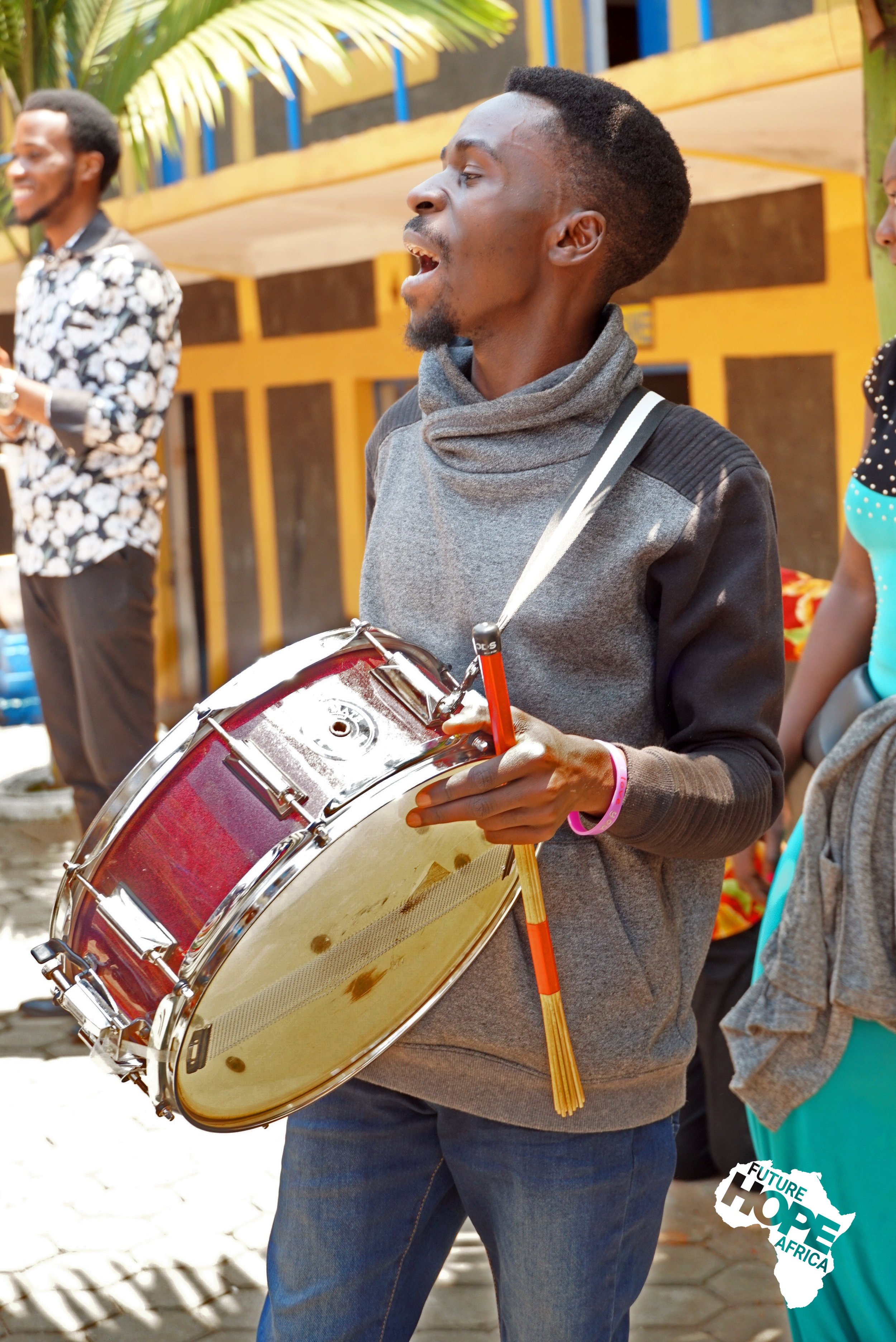
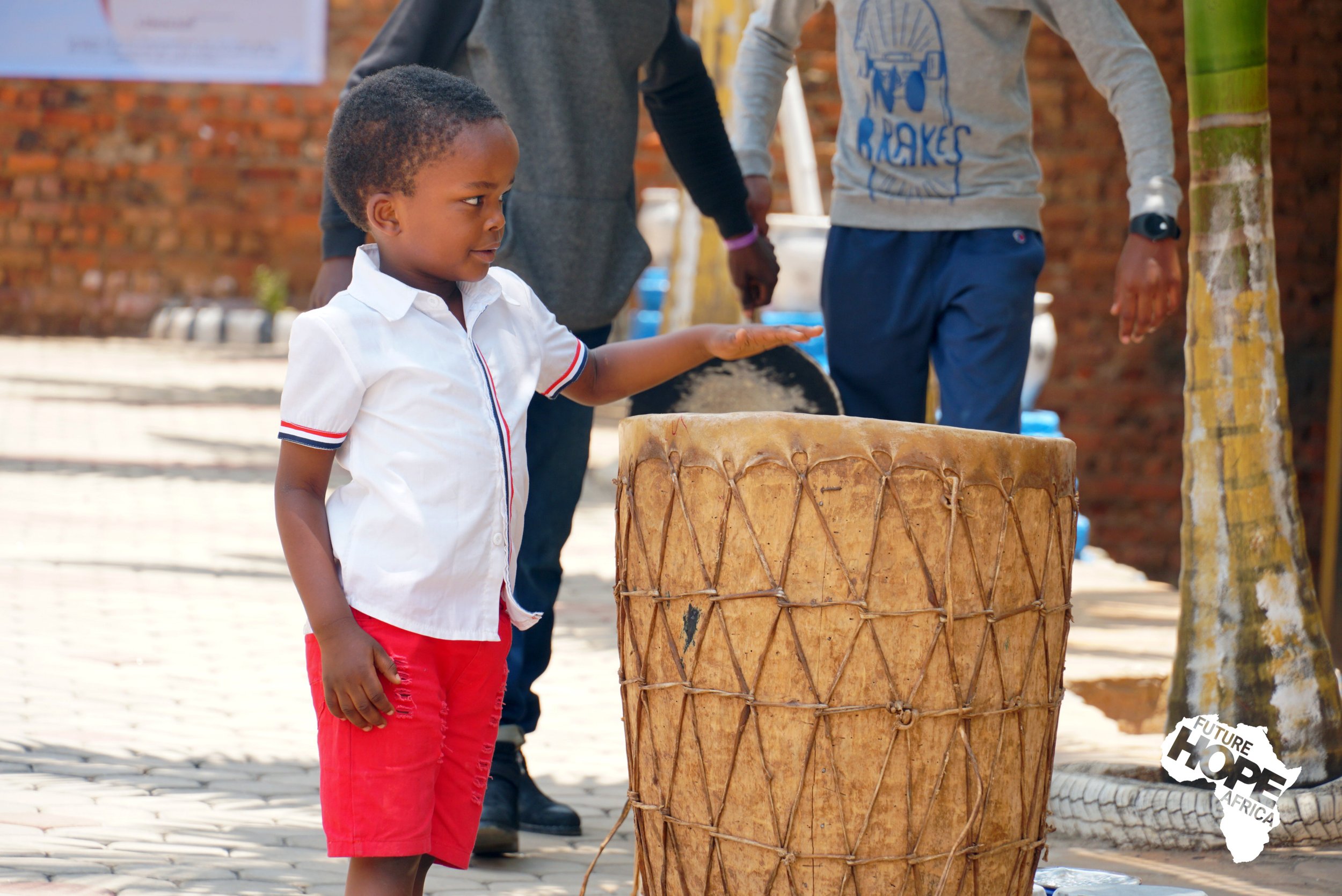
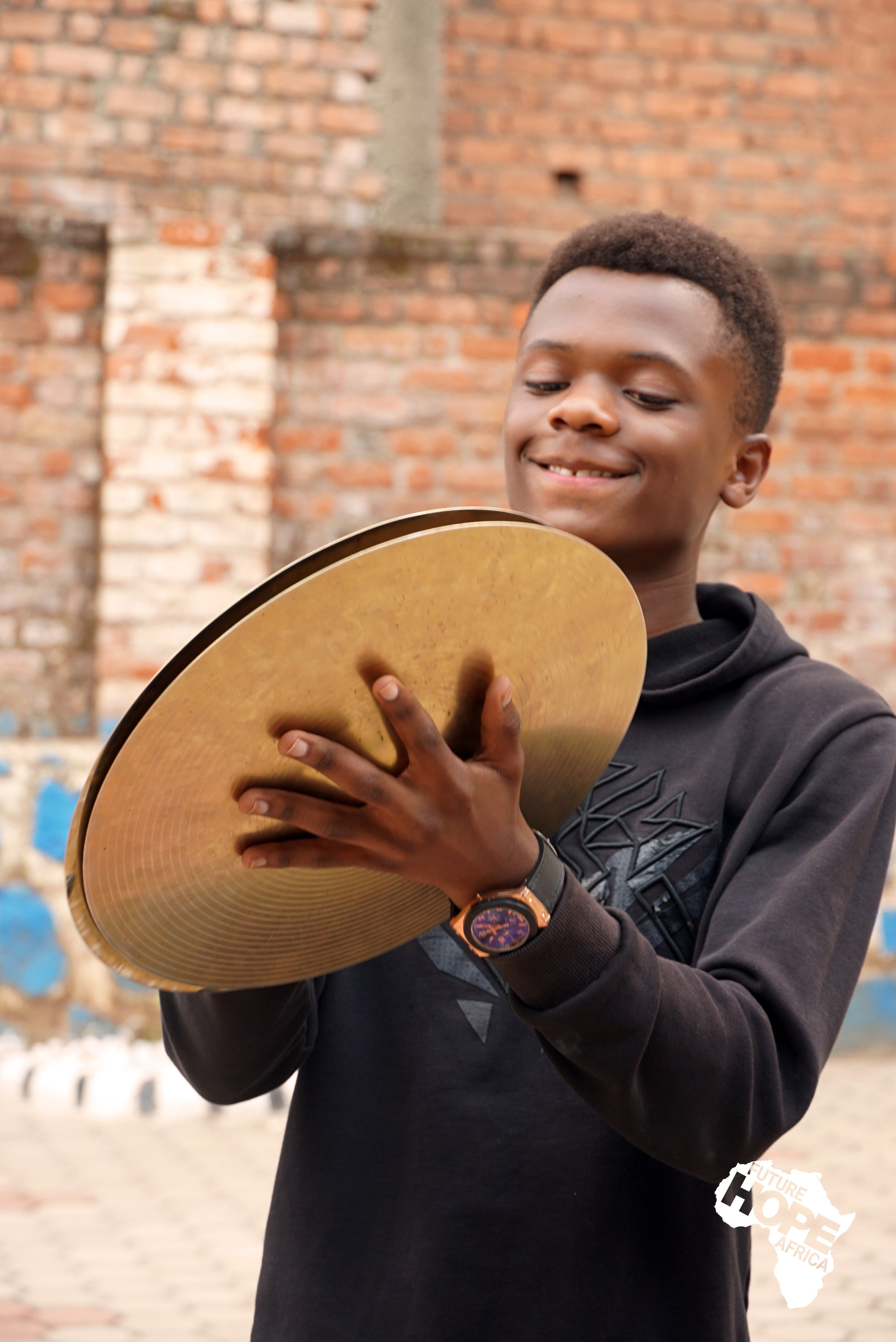
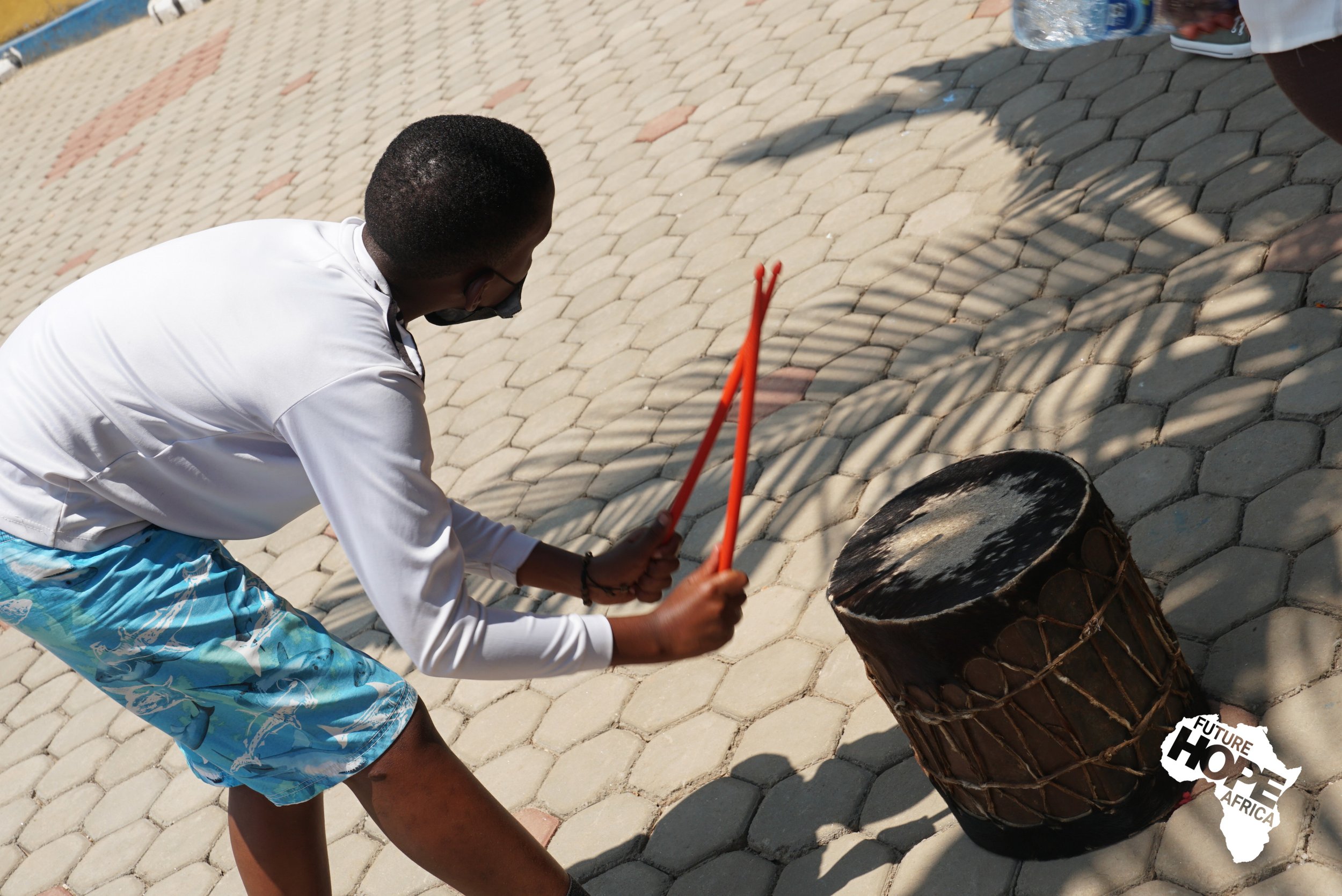
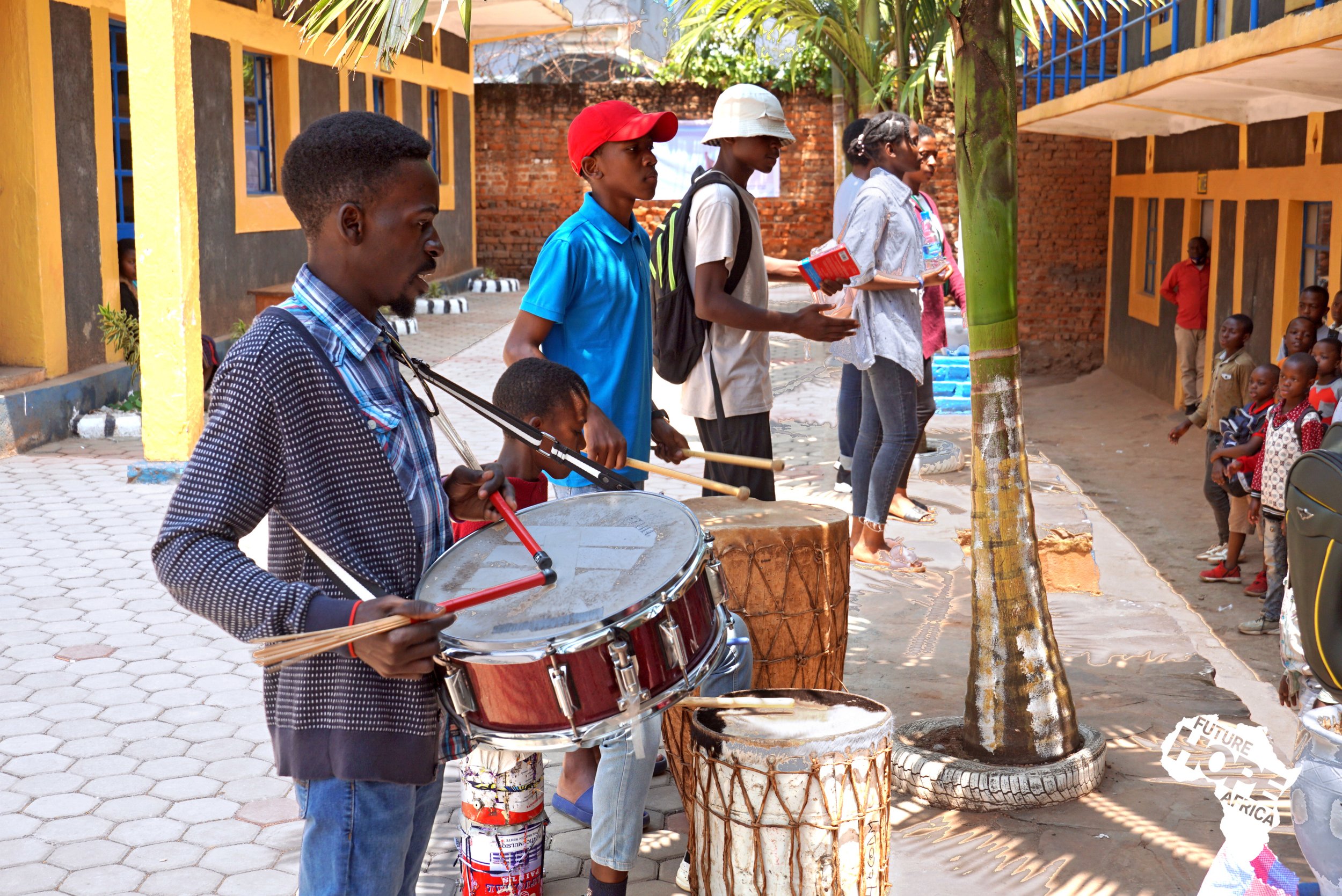
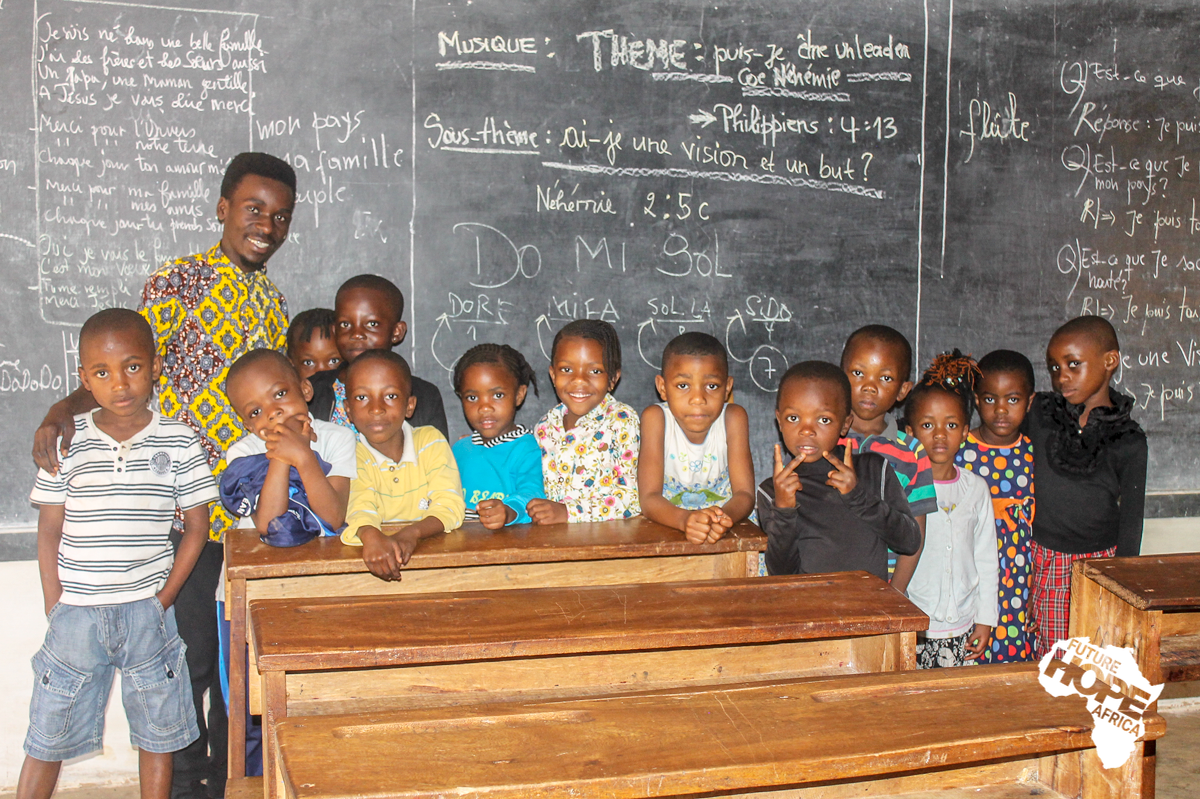
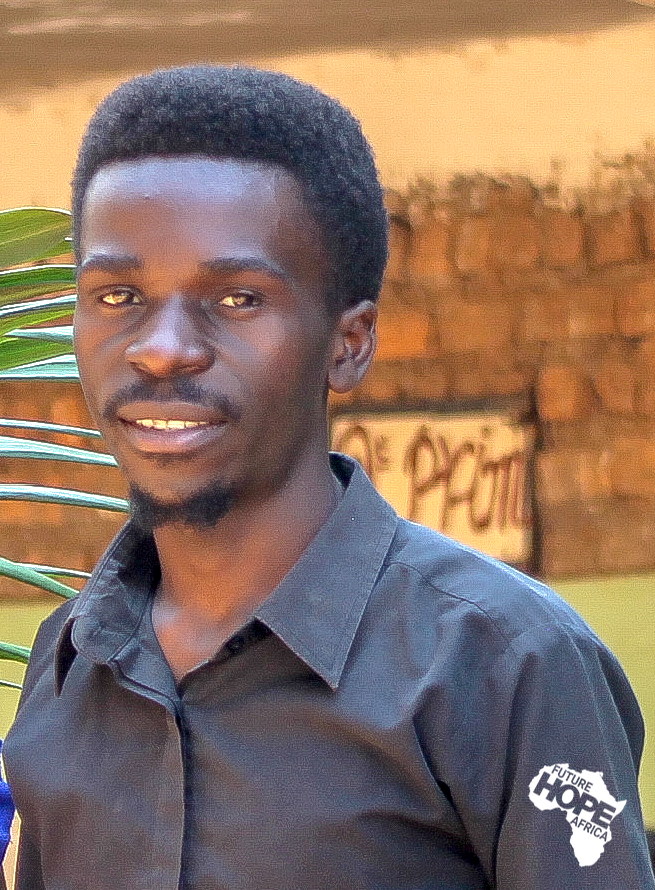
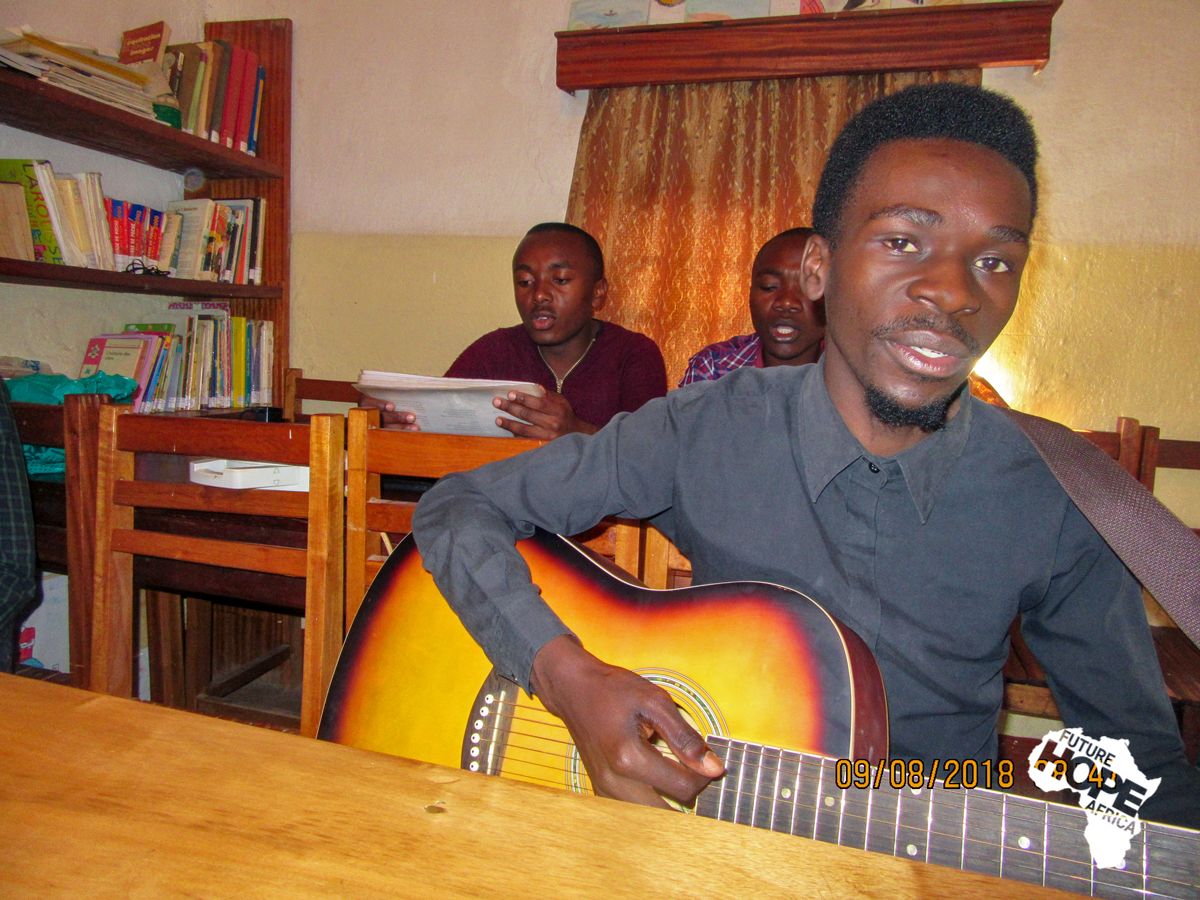
Trésor began offering music instruction in 2017, but has recently benefited from vocational music training in Belgium.
His training abroad was not what he expected – yet it turned out for the good. Trésor originally signed up for a three-month course in 2020. But a few days after he arrived, Belgium locked its borders because of COVID-19. The restriction, however inconvenient, had the effect of extending the musician’s education to 15 months. Trésor used this time productively, taking additional classes and serve in a church’s worship ministry.
After returning to the Democratic Republic of the Congo in 2021, he began developing a curriculum for FHA’s music academy, which began in October.
The program has continually grown in excellence and has become increasingly popular. It has maxed out in terms of participants and space.
“FHA’s academy has demonstrated there is a void of accessible, affordable music instruction in the community.”
But these limitations have not dissuaded Trésor, who hopes to one day launch a student orchestra.
We’re thankful for his heart to teach youth and enrich their lives. His work also introduces more families to Future Hope Africa and the transcendent hope found in Jesus.
We also thank you for your support of Future Hope Africa, which makes the music academy and the work of Trésor possible.
Why music education?
In today’s academic environment, there is a heavy emphasis on what is called the STEM curriculum. STEM is an acronym that stands for Science, Technology, Engineering and Mathematics.
This hard science emphasis could imply that music, art and liberal arts are “soft” offerings that have little “real-world” value. However, a body of evidence shows that music education complements and strengthens students’ work in other disciplines, including STEM.
Music education has been demonstrated to:
Improve students’ vocabulary and reading comprehension skills.
Improve the brain’s memory capabilities.
Improve hand-eye coordination and motor skills.
Increase students’ discipline (mastering an instrument takes practice outside the classroom)
Promote teamwork (there’s no such thing as an orchestra of one)
Enhance problem solving abilities.
In addition to these academically-oriented benefits, music is closely associated with the expression of faith. Students who lead music or participate in its expression open new pathways to experience God and spiritual truth.

